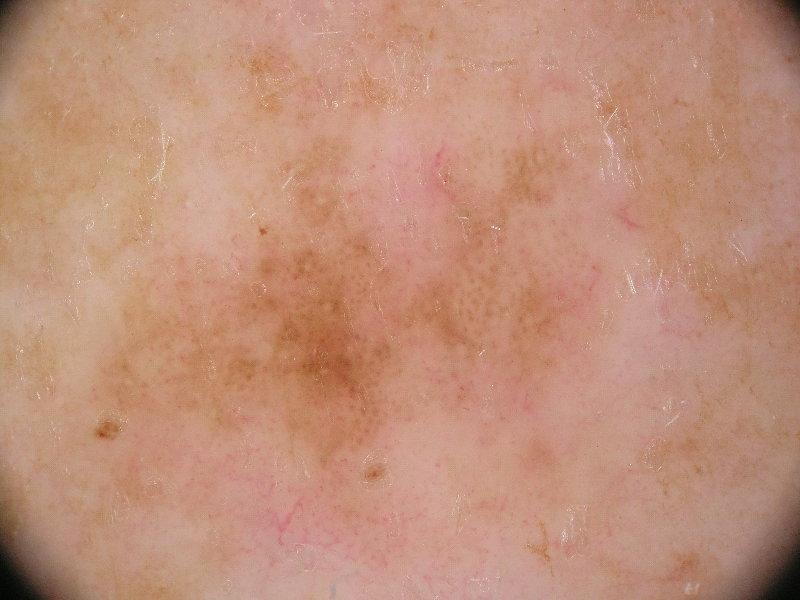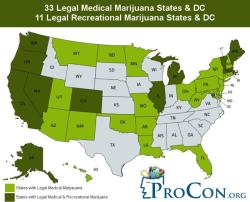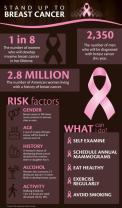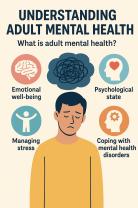What are the earliest symtoms of cancer?
The earliest symptoms of cancer can vary widely depending on the type and location of the cancer. However, some general signs and symptoms that may indicate the presence of cancer include:
Unexplained Weight Loss: Losing weight without trying, especially if it's significant or persistent, can be a symptom of various types of cancer.
Fatigue: Feeling unusually tired or fatigued, even after getting enough rest, could be a sign of cancer.
Persistent Pain: Persistent pain in a specific area of the body that doesn't go away, or pain that gets worse over time, may be a symptom of cancer.
Changes in Bowel or Bladder Habits: Changes in bowel habits such as diarrhea, constipation, or changes in the size or shape of stools, as well as changes in urinary habits, could be symptoms of certain types of cancer, such as colorectal or bladder cancer.
Persistent Cough or Hoarseness: A cough that doesn't go away or becomes chronic, or hoarseness that lasts for an extended period, may be signs of lung cancer or throat cancer.
Unusual Bleeding or Bruising: Unexplained bleeding or bruising, such as blood in the urine or stool, bleeding between periods, or frequent nosebleeds, can sometimes be symptoms of cancer.
Changes in Moles or Skin Lesions: Changes in the size, shape, color, or texture of moles or skin lesions, or the development of new moles or skin abnormalities, should be checked by a healthcare professional, as they could be signs of skin cancer.
Difficulty Swallowing: Persistent difficulty swallowing, known as dysphagia, could be a symptom of esophageal or throat cancer.
Persistent Indigestion or Heartburn: Chronic indigestion, heartburn, or stomach pain may be signs of stomach or esophageal cancer.
Lumps or Thickening: The development of lumps, bumps, or thickening of tissue in the breast, testicles, or other parts of the body should be evaluated by a doctor, as they may indicate cancer.
It's important to note that these symptoms can also be caused by conditions other than cancer. However, if you experience any persistent or concerning symptoms, it's essential to see a healthcare professional for proper evaluation and diagnosis. Early detection and treatment can significantly improve outcomes for many types of cancer.
It's important to remember that I am not a medical professional and cannot diagnose or provide medical advice. While I can share some general information, it's crucial to consult with a doctor for any health concerns you might have.
However, I can help you understand some potential early signs and symptoms of cancer:
1. Early Signs and Symptoms:
It's important to note that these signs and symptoms can also be caused by other conditions, and experiencing one or more of them does not necessarily mean you have cancer. However, it's advisable to see a doctor if you experience any of these and they persist or worsen:
- Unexplained weight loss or gain: 10 pounds or more without trying.
- Fatigue: Feeling tired or drained even after rest.
- Pain: New or persistent pain, especially if unexplained.
- Skin changes: New moles, changes in existing moles, sores that don't heal, yellowing of the skin or eyes.
- Lumps: Unusual bumps or lumps anywhere on the body.
- Bleeding: Unusual bleeding, such as between periods, after sex, or in stool.
- Digestive problems: Persistent changes in bowel habits, such as diarrhea, constipation, or blood in stool.
- Fever: Unexplained fever that doesn't go away.
- Night sweats: Heavy sweating at night, especially if you wake up soaked.
- Cough that doesn't go away: New or persistent cough, especially if you cough up blood.
- Difficulty swallowing: Trouble swallowing food or liquids.
2. Recognizing Potential Warning Signs:
- Be familiar with your body: Pay attention to changes in your body and how you feel.
- Don't ignore persistent symptoms: Even if they seem minor, consult a doctor if they don't go away or worsen.
- Know your family history: Some cancers are more common in certain families. Talk to your doctor about your family history.
- Participate in recommended screenings: Get regular cancer screenings as recommended by your doctor based on your age, gender, and health risks.
3. Seeking Medical Attention:
Seek medical attention promptly if you experience any of the following:
- Significant or unexplained weight loss or gain.
- Bleeding that is new or unusual.
- Persistent pain that doesn't go away with medication.
- Lumps or bumps that are growing or changing.
- Difficulty swallowing or breathing.
- Any other symptom that concerns you.
Remember, early detection and treatment are crucial for better outcomes in many cancers. While this information might be helpful, it's always best to consult with a qualified medical professional for any health concerns you might have.












